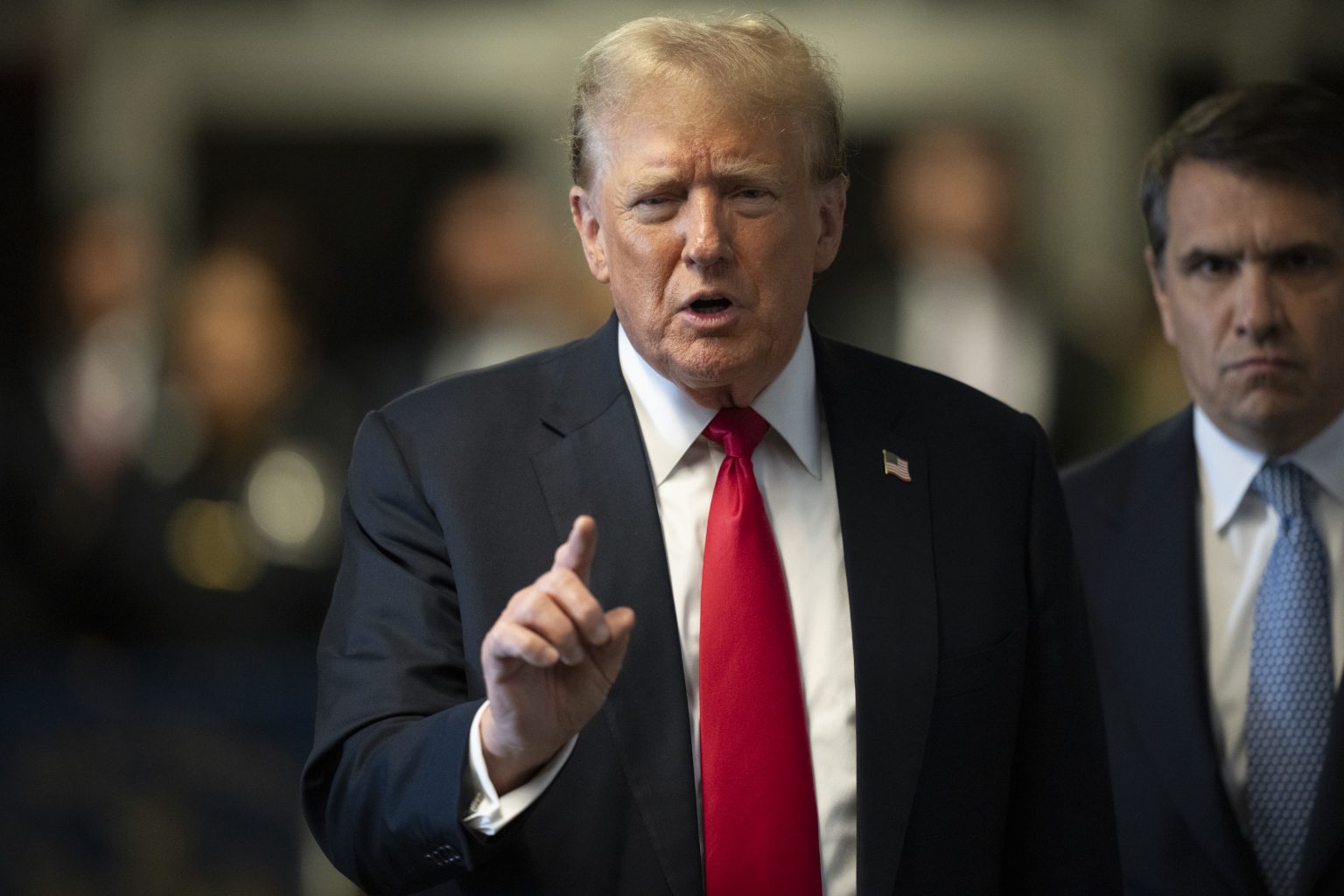Legal experts are closely watching the jury deliberations in the criminal trial of former President Donald Trump. The case revolves around hush money payments made to adult film actor Stormy Daniels before the 2016 presidential election, with Manhattan District Attorney Alvin Bragg alleging the payments were made to silence her claims of an affair with Trump. Trump has pleaded not guilty to all charges and denied the affair, accusing Bragg’s office of political targeting. The outcome of this trial will set a significant precedent as the first prosecution of a former president in a criminal case.
As jury deliberations began on Wednesday, legal analysts noted that signs could emerge that indicate which way the jury is leaning in the case. Former federal prosecutor Michael McAuliffe speculated that the deliberations might last longer than usual due to the case’s significance involving a former president. Reading into the length of deliberations may be misleading, as it may not accurately reflect the final outcome. Questions from jurors and the answers provided could offer important insights into their thoughts and potential leanings.
Former federal prosecutor Shanlon Wu noted that the questions posed by jurors during deliberations can provide valuable clues about their thought process. Certain questions, such as those asking for a re-reading of specific testimonies or clarification on exhibits, may indicate areas of confusion or disagreement among jurors. In contrast, a speedy verdict could signal a positive outcome for Trump, as quickly reaching a decision may suggest a lack of condemnation. It is essential for prosecutors to closely monitor the questions and ensure they do not indicate any significant obstacles to conviction.
Legal experts cautioned against reading too much into the jury’s deliberations, as the process can be unpredictable. Barbara McQuade emphasized that questions from jurors may simply be aimed at refreshing their memory rather than revealing their leanings. She estimated that a jury typically takes about a day of deliberation for each week of testimony. Given that there were multiple counts in this case, it could take some time for jurors to work through each count thoroughly. Neama Rahmani suggested that the case’s complexity and political nature could lead to a lengthy deliberation, potentially resulting in a hung jury if jurors are unable to reach a unanimous decision.
If the jury is unable to reach a verdict initially, the judge may send them back to deliberate further. Only in cases where it becomes evident that the jury is deadlocked and cannot reach a consensus would a mistrial be declared. The outcome of this trial will not only determine Trump’s legal fate but also set a significant precedent for future cases involving former presidents. The scrutiny and analysis of jury deliberations in this high-profile case reflect the public’s interest in the legal process and the implications of holding powerful individuals accountable for their actions.


